
Health experts are calling for an extension of the sugar tax to cover cakes, biscuits, and chocolate, while pointing to its success on soft drinks in improving UK consumer diets.
A recently published bulletin by the World Health Organization (WHO) urged governments worldwide – including the next government in the UK – to address the issue of excessive sugar consumption, which it said increased the risk of weight gain, type 2 diabetes, and other noncommunicable diseases, as well as causing tooth decay.
The report included analysis from experts at Queen Mary University of London (QMUL) regarding the results of two flagship UK government policies designed to encourage food and drink manufacturers to make healthier products.
A total sugar reduction of 3.5% was achieved in the first five years since launching the sugar reduction programme in 2015. The initiative asked food companies to voluntarily cut down on portion sizes or reformulate their products to create lower sugar options. These were all high-sugar categories including biscuits, cakes, morning goods, and sweet confectionery among others.
However, the Soft Drinks Industry Levy in 2018 proved far more impactful, helping reduce total sugar sales by more a third (34.3%) – from 135,391 tonnes in 2015 to 89,019 tonnes in 2020.
Dr Kawther Hashem, a lecturer in public health nutrition at QMUL and co-author of the bulletin, said the timely new research helps document key policy actions for the next government to undertake to improve their work on sugar reduction. “Procrastinating any further should not be an option,” she added.
Unhealthy diets are the biggest cause of death and disability globally and costs the UK more than £100bn annually, asserted Hashem, noting that the latest analysis shows additional improvements can still be made to both policies to enhance their wider impact.
“This includes increasing the levy, reducing the sugar content threshold in the soft drinks industry levy, and setting more stringent subcategory specific targets in the sugar reduction programme,” she commented. “Policymakers are also urged to consider applying a similar levy to other discretionary products that are key contributors to sugar intake, such as chocolate confectionary, to shift diets towards a healthier direction.”
A target of the sugar reduction programme had been to reduce sugar by at least 20% by 2020 across a range of products that contribute most to the sugar intakes of children. However, only small decreases were recorded in many categories such as cakes, biscuits, and chocolate, according to the analysis. Experts recommended sugar reduction targets in high-sugar food categories to be mandatory, saying that industry will only prioritise voluntary targets if aligned with commercial interests.
Graham MacGregor, professor of cardiovascular medicine at QMUL and chairman of campaign groups Action on Sugar and Action on Salt, previously described the government’s decision to omit salt and sugar tax in its food strategy plans as “shambolic”.
The professor, who was also a co-author of the WHO bulletin, said the new government needs to control the food industry rather than being subservient to its profits. “This requires reducing the huge and unnecessary amounts of salt, sugar and fat in these foods by setting targets for each food group that are legally enforceable. Otherwise, many hundreds of thousands of people will die unnecessarily from strokes, heart attacks and cancer,” MacGregor added.
Last November, Action on Sugar warned against the high levels of sugar found in cakes and drinks sold through UK coffee shops, with research finding that over a third were exceeding an adult’s daily limit of 30g of sugar in just one serving.
Meanwhile, trade body Scottish Bakers recently voiced concerns over the Scottish government’s move to introduce restrictions on the promotion of bakery products with high fat, salt, or sugar (HFSS) content in Scotland.



















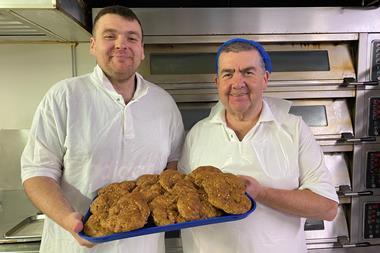
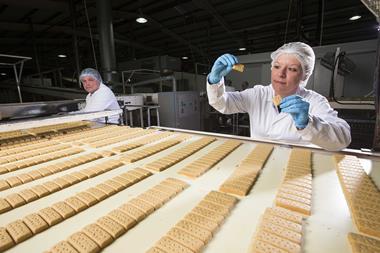



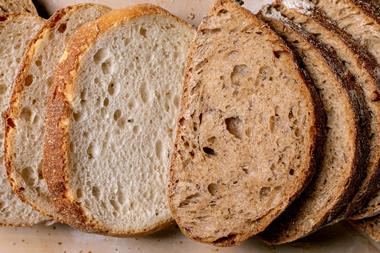



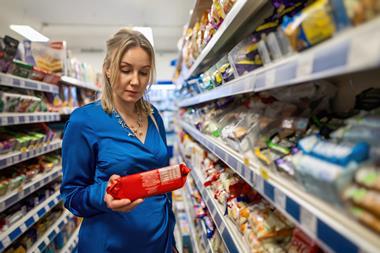

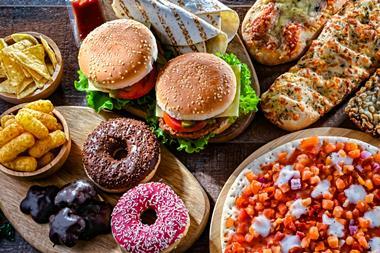

No comments yet